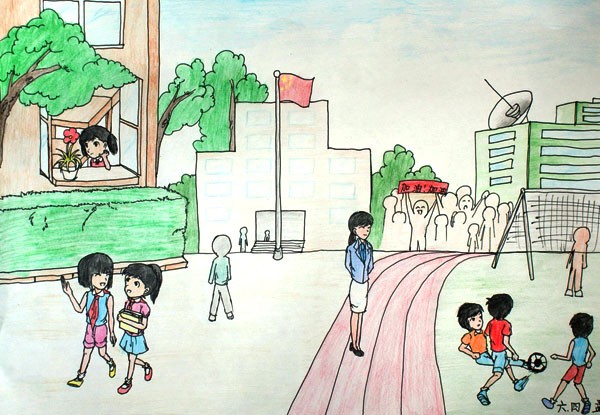
Andlo, on May 3 that year I awoke to a GREen so startling as to be almost electric, as if spring were simply a matter of flipping a switch. Hills, sky and forest revealed their purples, blues and green. Leaves had unfurled, goldfinches had arrived at the feeder and daffodils were fighting their way heavenward.
Then there was the old apple tree. It sits on an undeveloped lot in my neighborhood. It belongs to no one and therefore to everyone. The tree's dark twisted branches sprawl in unpruned abandon. Each spring it blossoms so profusely that the air becomes saturated with the aroma of apple. When I drive by with my windows rolled down, it gives me the feeling of moving in another element, like a kid on a water slide.
Until last year, I thought I was the only one aware of this tree. And then one day, in a fit of spring madness, I set out with pruner and lopper to remove a few errant branches. No sooner had I arrived under its boughs than neighbors opened their windows and stepped onto their porches. These were people I barely knew and seldom spoke to, but it was as if I had come unbidden into their personal gardens.
My mobile-home neighbor was the first to speak."You're not cutting it down, are you?" Another neighbor winced as I lopped off a branch. "Don't kill it, now," he cautioned. Soon half the neighborhood had joined me under the apple arbor. It struck me that I had lived there for five years and only now was learning these people's names, what they did for a living and how they passed the winter. It was as if the old apple tree gathering us under its boughs for the dual purpose of acquaintanceship and shared wonder. I couldn't help recalling Robert Frost's* words:
The trees that have it in their pent-up buds
To darken nature and be summer woods
One thaw led to another. Just the other day I saw one of my neighbors at the local store. He remarked how this recent winter had been especially long and lamented not having seen or spoken at length to anyone in our neighborhood. And then, recouping his thoughts, he looked at me and said, "We need to prune that apple treeagain."
编辑:Liuxuepaper.Com
作文地带知识拓展:
英语(English)属于印欧语系日耳曼语族西日耳曼语支,最早被中世纪的英国使用,并因其广阔的殖民地而成为世界使用面积最广的语言。英国人的祖先盎格鲁部落是后来迁移到大不列颠岛地区的日耳曼部落之一,称为英格兰。这两个名字都来自波罗地海半岛的Anglia。该语言与弗里斯兰语和下撒克森语密切相关,其词汇受到其他日耳曼语族语言的影响,尤其是北欧语(北日耳曼语),并在很大程度上由拉丁文和法文撰写。
英语的英文释义:
English 名词 uk /ˈɪŋ.ɡlɪʃ/ us /ˈɪŋ.ɡlɪʃ/
the language that is spoken in the UK, the US, and in many other countries
英语
American/British English
美式/英式英语
Do you speak English?
你会说英语吗?
English 形容词 adjective uk /ˈɪŋ.ɡlɪʃ/ us /ˈɪŋ.ɡlɪʃ/
in or relating to the English language
英语的
an English teacher
英语老师
relating to or from England
英格兰的;英国的
English films/food/people
英国电影/食品/人
English law
英格兰法律









文档为doc格式
推荐阅读:





